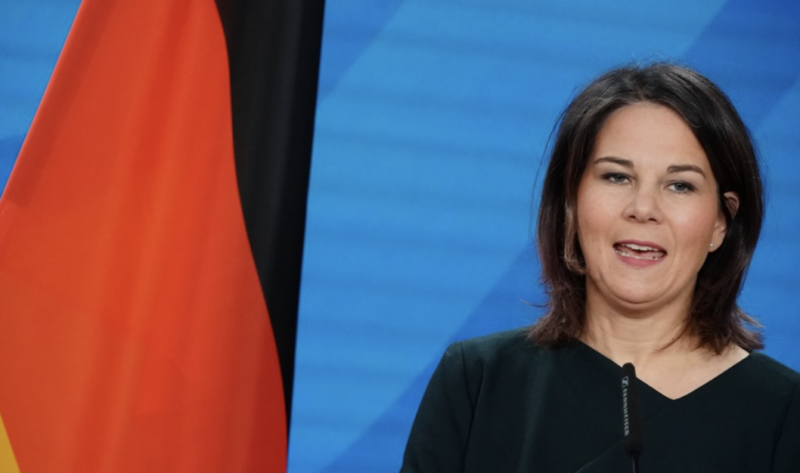Germany is once again under fire as a chartered flight carrying over 150 Afghan migrants prepares to land in Leipzig—despite political promises to wind down such resettlement efforts. According to Bild, the vast majority on board have no direct links to Germany’s past missions in Afghanistan, a revelation that’s sparked a storm of criticism.
While fewer than ten passengers reportedly worked with German institutions and qualify as at-risk under Taliban rule, the rest remain a mystery. With no clear ties to Germany, many are asking why this program—supposed to be phased out under the new CDU/CSU-SPD coalition—is still quietly active.
Outgoing officials, particularly Foreign Minister Annalena Baerbock, are under fire for pushing through last-minute arrivals. The Foreign Office insists it’s still legally obligated to process thousands stranded in Pakistan, where Germany maintains a migrant hub. But with security screening costs surpassing €4 million, public patience is wearing thin.
Critics say the vetting process is riddled with holes. The German Police Union has flagged forged passports, fake birth certificates, and a dubious “credibility check” system as serious threats to national security. Warnings have gone largely unheeded, even as recent high-profile crimes involving Afghan migrants—some with criminal records or prior asylum rejections—fuel nationwide anxiety.
The migrant resettlement initiative was born out of the chaos following the 2021 Kabul evacuation, when Germany scrambled to extract at-risk Afghans. But sloppy screening then, and now, continues to haunt the program. Some early evacuees even appeared on terror watchlists.
Chancellor-elect Friedrich Merz’s coalition had pledged to shutter these programs. Yet with the SPD in both the outgoing and incoming governments, critics say little has changed. CSU’s Martin Huber blasted the government’s handling of the matter, calling it a “dangerous game with public trust.”
As the country juggles concerns over security, integration, and political integrity, the quiet continuation of Afghan resettlements poses uncomfortable questions for a government caught between its past promises and present policies.




